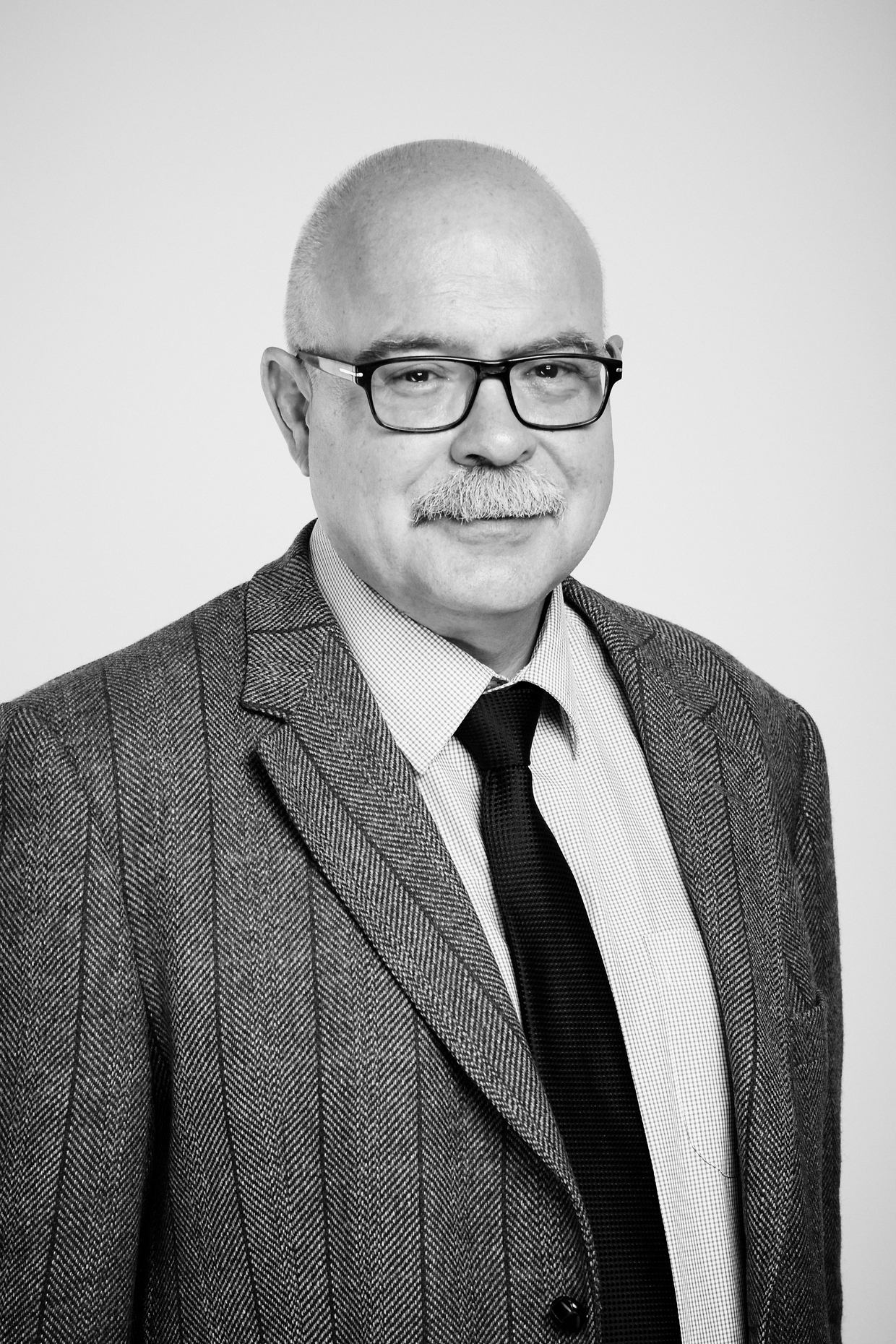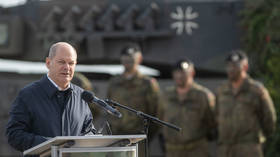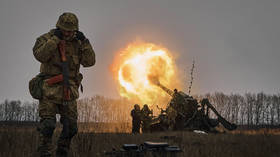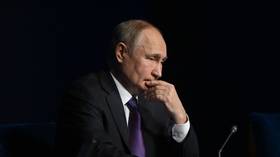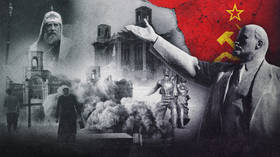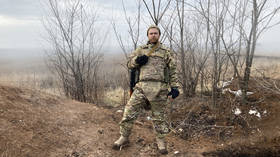Dmitry Trenin: Why building a new world order is now an existential issue for Russia
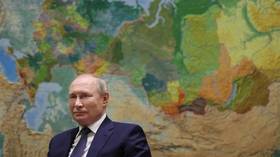
It is important to understand that the West's proxy war against Russia is not just another slight bump in the road in our centuries-old relations, but rather a deep, protracted conflict with long-lasting consequences. The old strategy, beginning with Peter the Great, to Europeanize the country and take its place in that world, is no longer relevant.
Which is more important - politics or strategy? Before answering, we need to define the terms. The former is a very broad term. It covers a wide range of meanings - from the political course to the smallest opportunistic steps of a tactical nature. Moreover, politics can refer not only to the activities of a single area, but to an infinite number of topics, such as the domestic politics of Israel, the politics of the great powers in the Pacific, or global politics in the first quarter of the 21st century.
By comparison, the concept of strategy is much narrower and more defined. It has two main components - the goal the subject is aiming for, and the general path it has chosen to reach the goal. Strategy is very sensitive to circumstances and is constantly being adjusted, but the specific details of moving towards the goal belong to tactics. Unlike politics, which has its origins in civil administration and involves interaction with other forces operating in the same field. Strategy, which has its roots in military affairs, involves resistance. That is, the obligatory presence of an adversary.
In the time of the Prussian military theorist Carl Clausewitz, who famously said that war is the continuation of politics by other (namely violent) means, strategy meant military strategy, which was strictly subordinate to politics as the highest category. Subsequently, the use of the word changed. Strategy increasingly came to be understood as higher politics, while politics was often understood as political tactics.
***
With these concepts explained, we can now ask a really important question: what is the point of strategy in an era of fundamental change in the world? Of course, it is good to have a clear goal and a clear path to get there, but what if the goal turns out to be a mirage and the path to it a dead end? Or, having correctly identified the endpoint of the movement and planned the route, the strategist encounters unexpected small or large obstacles ("friction" in Clausewitz's definition) along the way that throw him off course. Consequently, the desired objective must be realistic and the ways to achieve it must be multidimensional.
It is clear to everyone that the modern world has entered a period of several crises: geopolitical with an acute phase of great power rivalry and the emergence of new players on the global stage, economic with the regionalization of economics and finance, values including the inability of modern Western obsessions to become universal and the struggle between tradition and innovation within the West itself, as well as between the West and the East and South, and now the North - Russia, and so on. A major factor influencing the course and outcome of each of these crises has been the explosive growth of technology in various fields, from computer science to bioengineering. These circumstances make it extremely difficult not only to anticipate the general course of events, but even to position correctly to deal with their consequences.
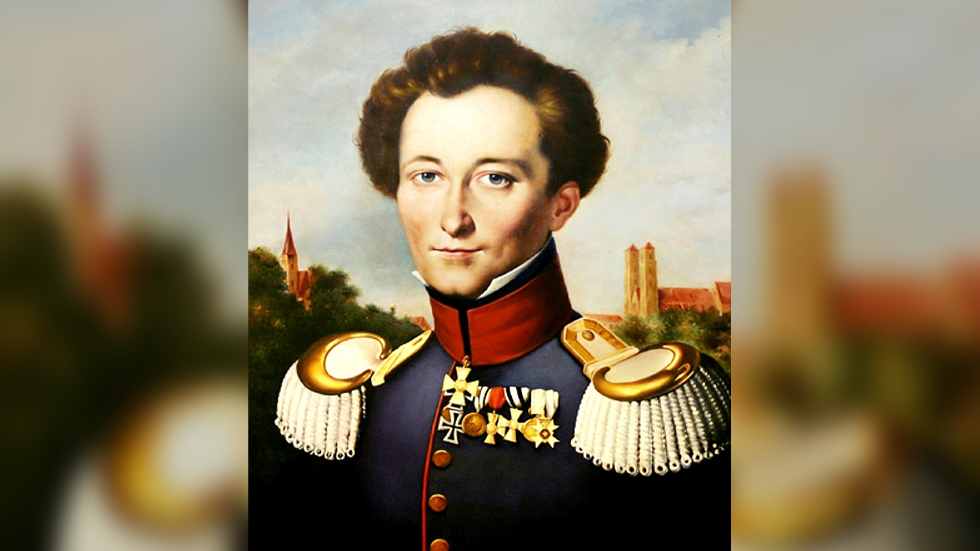
Therefore, when dealing with the crises of our time, it is particularly dangerous to get caught up in fantasies. It is equally reckless to drift at the mercy of the currents. So, it follows that the strategist (planner and navigator) and the politician (the pilot) must work together and in very close contact with each other.
In this context, it is important for the strategist to first identify the prevailing trends in global development, thus creating a framework for setting goals. Next, they must 'fit' possible and realistic goals for their country into this framework, taking into account the available potential. Since strategy differs fundamentally from a plan in that it takes into account the actions of adversaries, the strategist must imagine the adversary's strategy and determine a path to defeat it, or at least find another path to strategic success.
While the strategist looks into the distance, the politician must observe issues in the here and now. Situations are constantly changing, and in crises, especially when there are several at once, they move rapidly and often unexpectedly. The politician makes sure that the balance of power - especially in his own country - remains favorable to the chosen strategy. After all, setting goals is always the prerogative of the government of the day. A change of personnel usually means a reconsideration, or at least an adjustment of goals and, consequently, of the means to achieve them. The politician is also obliged to keep a close eye on the actions of foreign actors and take them into account in the interests of the national strategy.
So far, all this seems rather abstract. Let's sharpen the question. What should be Russia's strategy and policy in the current circumstances, one year after the start of the military operation in Ukraine?
***
Let us begin by assessing the current situation. One effect of the conflict has already been a fundamental change in the external environment in which Russia finds itself. Its political relations with the collective West, and its allies, have become openly hostile and the armed conflict in Ukraine is a proxy war by the West against Russia.
Economic relations with this part of the world have been permanently undermined and are shrinking like Mars bars. Cultural, scientific, sporting and humanitarian ties have been severely curtailed, the information war has reached maximum intensity, and the Iron Curtain in Europe has been rebuilt - this time by the West.
However, Russia is not completely isolated. It maintains and develops partnerships in many areas with the world's new centers of power, and other countries in Asia, Africa and Latin America. This part of the world community includes most of the world's states, where the majority of the human population lives and where more than half of the global economy is concentrated. It can rightly be called a world majority with the clear understanding, of course, that this majority is not a bloc and that its members are not allies of Russia. They are guided primarily by national interests and are deeply integrated into the global economy and the Western-centric institutions that serve it, which significantly limits interaction with Moscow.
The dramatic shift in the external cycle has led to profound changes within Russia. The old model of mainly exporting raw materials and importing technology no longer works. The political system, which was built on liberal American-French models and then adapted more or less successfully - in substance, not in form - to domestic traditions, is obviously in need of a profound overhaul. The quasi-ideology of pragmatism and the cult of money, which dominated the country after the collapse of the USSR, proved to be flawed and harmful. In short, the end of the historical orientation towards integration with the Western world logically requires Russia to reorient itself. But what does this mean? To which "self"? Soviet, tsarist or otherwise?
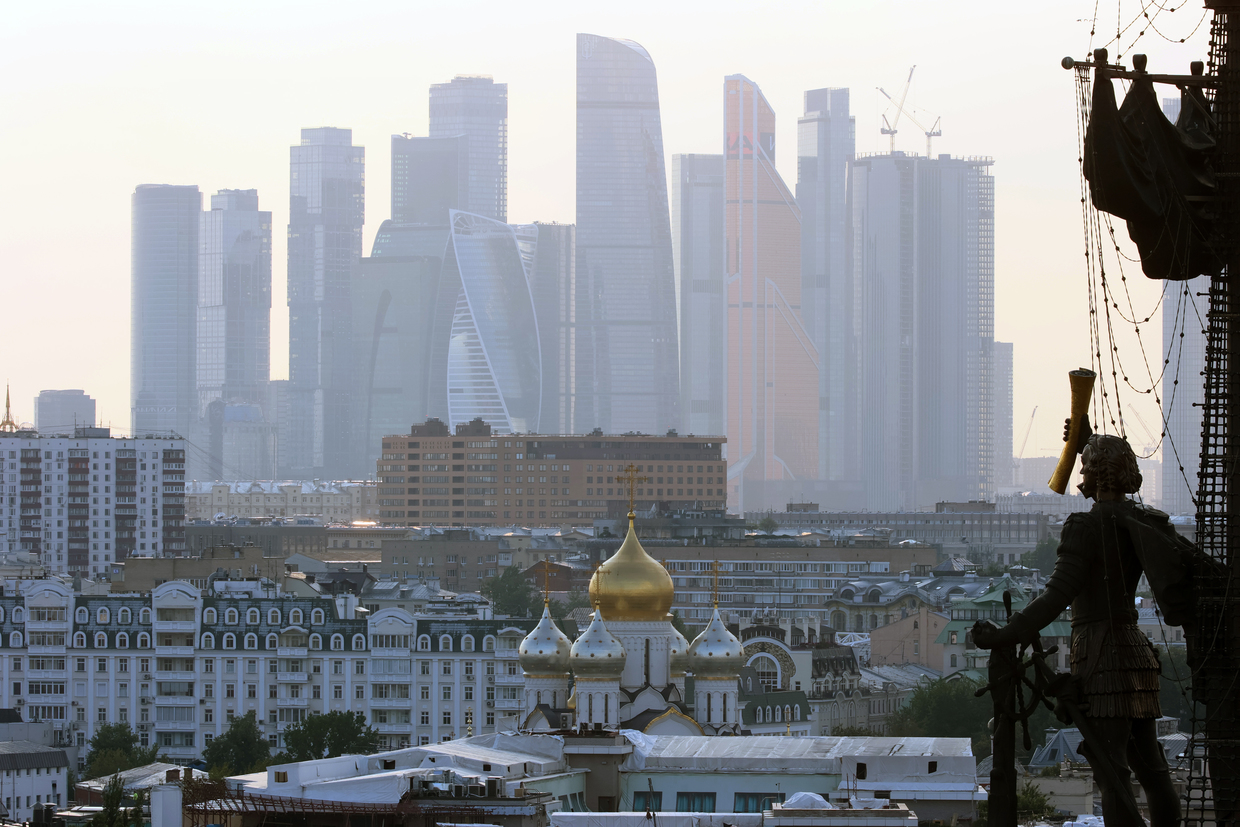
A prerequisite for Russia's long-term strategy is victory in the ongoing conflict in Ukraine. The most important criterion for such a victory is a state that is guaranteed not to lead to a renewed war after some time. On the contrary, a defeat - if it is hypothetically possible - could provoke a destabilization of the country, accompanied by the disintegration of Russian statehood. The stakes for Russia in the current conflict are therefore existential and fundamentally higher than those of the US and its allies.
This in itself is a factor working in Russia's favor, but it certainly does not guarantee its success.
The strategic goal of a post-war Russia should be its consolidation as one of the world's leading powers, which is a condition for survival and security. It requires a dynamic economy and its own technological base that is absolutely essential for real sovereignty in a 21st century world, an educated and healthy population, a society based on values shared by the majority of the people, and the principles of solidarity and justice. It must also have a political system that ensures the unity of power and is based on the principle of harmonious cooperation between the main social groups, the ideological spheres and sectoral, regional and local interests, with the resolution of conflicts on the basis of law.
The path to realizing this strategic goal is mostly within the country. A key part of this journey is the formation of an elite committed to serving the state and not just itself. A critical point is the choice of the head of state, especially in the case of a change of first person. This choice is not limited to the election procedure itself; it includes the selection and training of candidates, their training in different positions and situations, as well as the rules and norms of succession to the supreme power. Local government, which should be as open as possible to citizens and capable of dealing with problems, constitutes a solid popular basis for the whole power structure.
It is not even necessary to outline the main thrusts of a strategy in economics and finance, science and technology, values and culture. However, to ensure that strategic visions do not remain plans on paper, as they often do, the strategist must either be a skilled politician (the preferred option) or capable of working closely with a subordinate corps of experienced and sophisticated politicians.
Again, it must be understood that strategy is a struggle - not only with circumstances, but also with very specific interests and people as its bearers. Politics is the art of gaining (and maintaining) leadership, while strategy, in the words of Alexander Suvorov, is the science of victory. Nothing adds up by itself.
As far as foreign policy is concerned, Russia's strategy of moving towards the goal outlined above, i.e., the status of a major world player, implies - among many other obvious things - active participation in building a new world order that excludes domination by any one country or group of countries.
This is an impossible task for Russia alone. That is why it makes sense to start peace-building efforts by developing the existing institutions and practices of non-Western countries such as the BRICS, the SCO, the EAEC and the CSTO. This is a huge and complex task that requires the coordinated efforts of many states, but it is here that the groundwork is being laid for the creation of political, economic, financial and other institutions suited to the realities of the first half of the 21st century.
